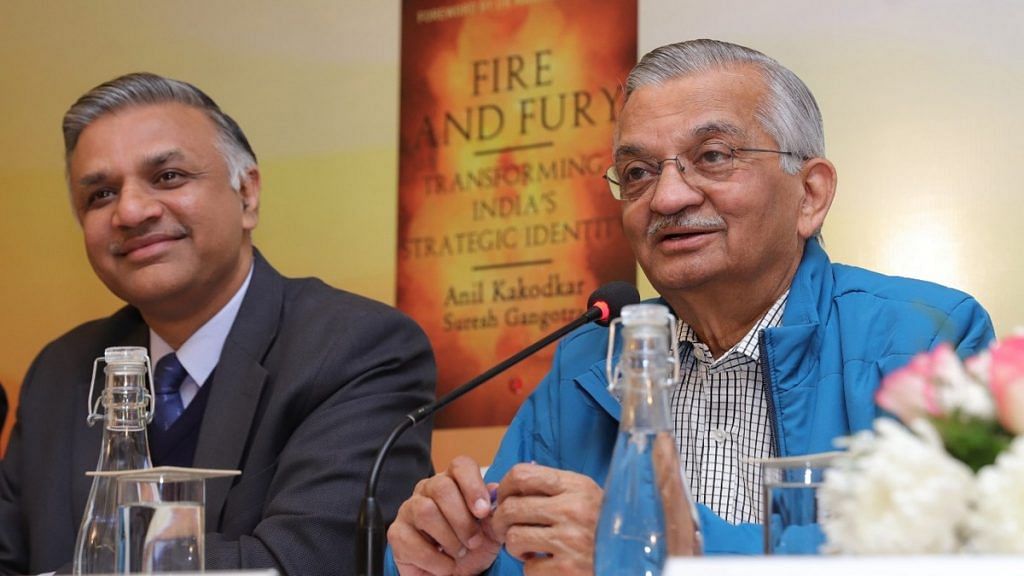New Delhi: Anil Kakodkar, former chairman of the Atomic Energy Commission, Thursday warned that the tipping-point for climate change issues was fast approaching and added that India’s clean energy future “invariably depends” on the rapid growth of its nuclear power.
“The warming process has started … I do not know if this is the last century. There are uncertainties in this,” he said. “But the have-nots in the world will be left in the lurch. There is a huge disparity in the world; there is huge resource-constraint in the world,” Kakodkar added.
“This (climate) crisis is becoming deeper and deeper,” he said. “So implementation of the atomic energy programme will become more and more aggressive with time … There is a need to do things faster.”
Kakodkar was speaking at the discussion on his book, Fire and Fury: Transforming India’s Strategic Identity, organised by Research and Information System for Developing Countries (RIS).
‘India should enter nuclear trade’
According to Kakodkar, who was instrumental in the signing of the US-India civil nuclear deal in 2006, India’s entry into the nuclear trading market will not only boost the country’s economic growth but will also “enhance our global standing”.
In his book, Kakodkar speaks of how India missed the bus on nuclear trade.
“Nuclear export is an area we have not paid enough attention to. Countries like China and Argentina managed a better entry into the export market even as they were developing their technology,” he writes in his book, which has been co-authored by Suresh Gangotra, senior technical advisor to the AEC chairman.
Kakodkar further said the future needs attention in terms of rapid implementation of the country’s nuclear policy.
“As I am retired, I have that sense of satisfaction that at least I did not leave any legacy issue,” he said.
“There is capacity, there is technology and now there is material and resources, both of which one can get from abroad. But thanks to the aggressive exploration work that was taken up, today the domestic Uranium availability is also four times of what it used to be. There is potential to expand.”
He added that since the Indian economy is only slowing down gradually, the demand for electricity is not decelerating.
“If you go by India’s aspiration to be amongst the advanced countries in the world and quality of life of Indians to be comparable with that of the best in the world, then it is clear we need to expand our per capita income at least four to five times than what it is now,” he added.
Also read: Preventing climate change is a human rights issue
